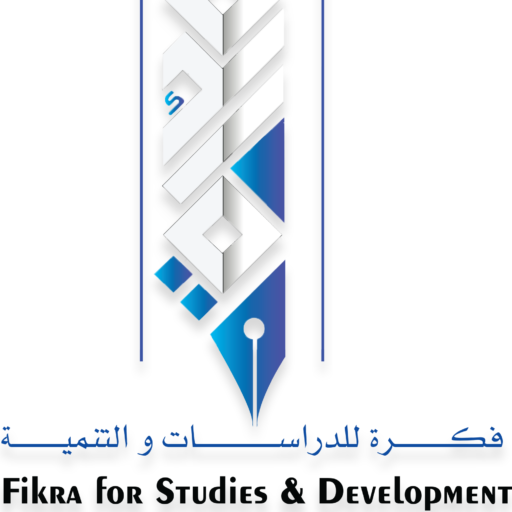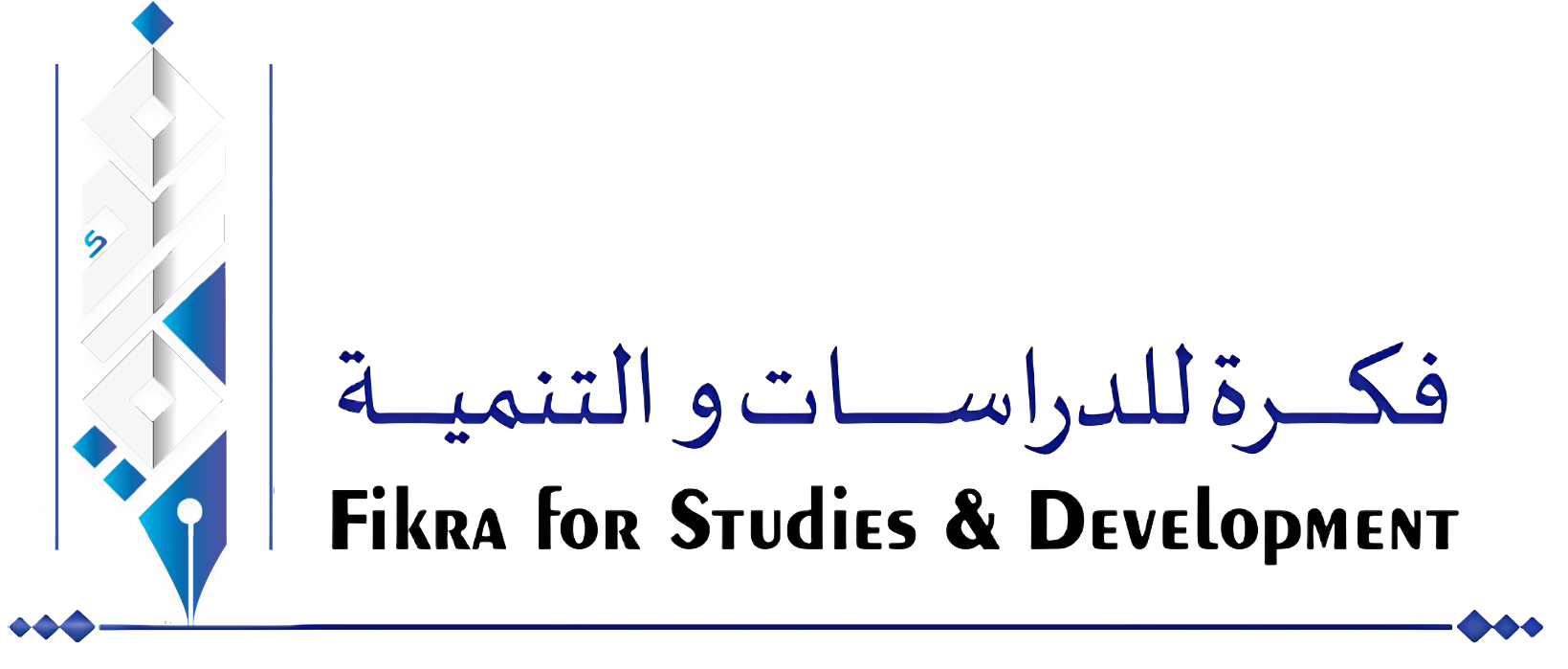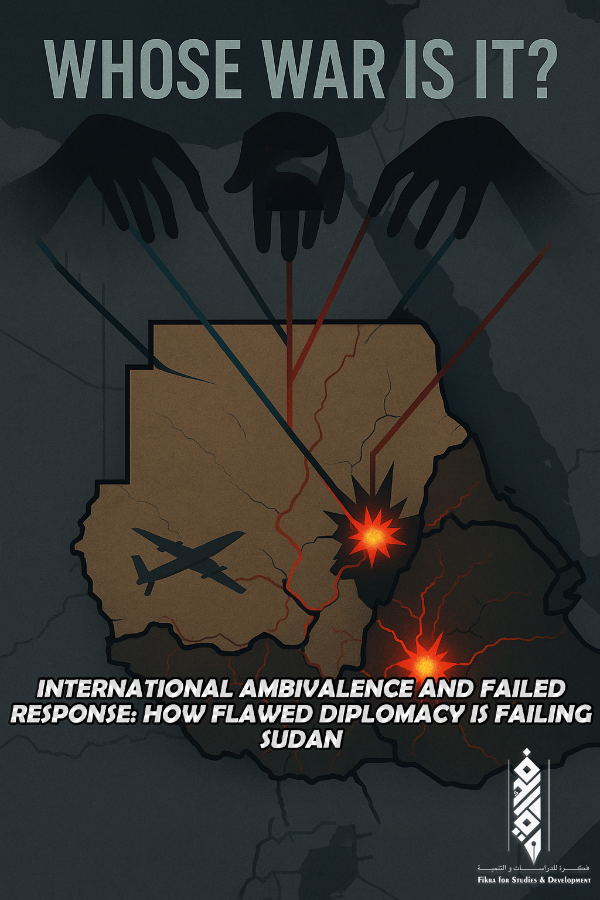International Ambivalence and Failed Response: How Flawed Diplomacy is Failing Sudan
International Ambivalence and Failed Response: How Flawed Diplomacy is Failing Sudan
Amgad Fareid Eltayeb
Since the beginning of May, the war in Sudan has entered an increasingly dangerous and transformative phase, marked by a qualitative shift in the nature and scope of hostilities. This escalation has been driven by the intensified use of advanced long-range drones by the Rapid Support Forces (RSF), targeting critical civilian infrastructure across the eastern and central regions of the country. The new administrative capital, Portsudan, along with Kassala, Atbara, Merowe, and El-Obeid, has come under sustained aerial assault. These strikes have deliberately and systematically targeted civilian installations—including Portsudan International Airport, residential neighborhoods, hotels, and fuel storage facilities. The most egregious of these attacks occurred on May 10, 2025, when RSF drones bombed the central prison in El-Obeid, resulting in the deaths of 19 prisoners and injuring dozens more. This deliberate targeting of civilian sites signals a strategic recalibration by the RSF, one that raises profound concerns about the evolving trajectory of the conflict.
In response to these unprecedented attacks, Sudan’s Security and Defense Council issued a statement on May 6 that, for the first time at this level, unequivocally named external and regional actors backing the Rapid Support Forces (RSF) militia. This reference was reinforced by the European Union’s statement on May 8, which condemned the attacks and explicitly pointed that they are “supported by international backers”. Similarly, numerous international actors—including Saudi Arabia, Egypt, Qatar, the Arab League, the United States, the United Nations, IGAD (the East African regional organization), the African Union, and other international and regional entities—issued statements denouncing the continued assaults on Sudan’s civilian infrastructure.
In its official statement, the Security and Defense Council of Sudan announced the severance of diplomatic relations with the United Arab Emirates, citing its role as the principal external actor providing military and logistical support to the RSF. The statement formally designated UAE as a “hostile state,” marking a significant escalation in Sudan’s foreign policy posture. This decision underscores the growing rift within the Arab regional order and reflects the broader fragmentation of consensus on key normative principles, including the sanctity of national sovereignty, the centrality of the Palestinian cause, and the foundations of Arab and regional solidarity. The Sudanese crisis, once seen as a localized conflict, has thus evolved into a destabilizing force with regional reverberations, further complicating an already volatile geopolitical landscape.
Meanwhile, the humanitarian tragedy in Sudan deepens with relentless urgency. The latest RSF offensives have pierced what were once fragile sanctuaries—government-held areas that had offered a semblance of safety to hundreds of thousands of displaced souls. Now, these havens lie shattered, setting in motion yet another wave of desperate flight, as civilians scatter across a scarred homeland in search of elusive refuge. But the toll is not measured in displacement alone. With each drone strike and bombardment, the country’s vital arteries—its water, electricity, health, and education systems—are severed or strained beyond their limits. What remains is a crumbling infrastructure, and with it, the fragile scaffolding of life itself in a nation on the brink.
These escalations came on the heels of the London Conference in mid-April, which starkly exposed the international community’s flawed approach to Sudan’s war. The conference demonstrated, without ambiguity, that the prevailing international outlook remains myopic and misaligned with realities on the ground. Rather than advancing structural solutions to dismantle the actual root causes of the conflict, the international community approach focused on superficial parity between asymmetrical parties—a theoretical framework that obstructed any realistic pathway to peace or viable interventions to improve the situation on the ground. This was most clearly reflected in the contentious debate over civilian protection and humanitarian operations, which some international and Sudanese actors exploited to promote militarized demands, such as a no-fly zone, under the guise of civilian protection—without ever addressing the critical question: protection from whom?
Perhaps the clearest manifestation of this conceptual failure lies in the continued international insistence on treating the Sudanese state and the RSF as two equivalent parties to the conflict. This posture contradicts the principles of national sovereignty, and the international legal order rooted in respect for legitimate institutions. It furthermore, violates the realities exposed on the ground by the crimes and atrocities committed by the RSF. Despite repeated denials of this false equivalence, actual policy and operational behavior paint a different picture: actions speak louder than words and reveal a persistent double standard that exacerbates, rather than resolves, the crisis.
A sobering historical echo can be found in the early international response to the Bosnian War, where Western powers, under the guise of neutrality, adopted a posture of false equivalence between the legitimate Bosnian government and Serb militias—despite overwhelming evidence of systematic ethnic cleansing and genocidal campaigns perpetrated by the latter. In equating victim and aggressor, the international community not only delayed meaningful intervention but also conferred de facto legitimacy upon war criminals, allowing atrocities—culminating in the horror of Srebrenica—to unfold in full view of a watching, yet inert, world. This moral equivocation emboldened perpetrators and rendered eventual action more complex and costly, arriving only after years of unspeakable suffering in the form of NATO airstrikes and the Dayton Accords. It remains a haunting testament to the perils of misjudged diplomacy and the price of silence.
And yet, more than three decades later, the lesson remains tragically unheeded. Even after the RSF’s genocidal campaign against the Massalit in 2023, and the brutal assault on the Zamzam IDP camps in 2025—not to mention the countless atrocities methodically inflicted across Sudan’s war zones—the world continues to look on with troubling detachment. Once again, the language of balance and neutrality threatens to eclipse moral clarity, allowing a machinery of violence to operate unchecked under the shadow of international ambivalence.
The dissonance between rhetoric and practice in international policy toward Sudan is not merely a moral or legal shortcoming—it actively shapes the trajectory of the conflict. By failing to take a coherent stance, the international community implicitly legitimizes the RSF and emboldens its violations; while turning a blind eye to the external sponsors whose continued support prolongs the war. Simultaneously, it criminalizes the people’s stance for their rights and the state’s efforts to restore order and stability.
Of course, a peaceful, negotiated solution remains the most desirable and humane path to ending this war, as with any armed conflict. However, clinging to flawed analytical frameworks and inaccurate diagnoses of the nature of war effectively derails any serious effort toward a feasible settlement. No effective approach to resolving the crisis can emerge without a preliminary consensus on defining the core nature of the conflict and identifying its components and dynamics—at the very least among mediators. The absence of such a conceptual agreement renders negotiation tracks hollow, turning them into arenas for contestation within the crisis rather than tools for its resolution.
Reaching a unified and reality-based analytical framework is essential if international mediators and external stakeholders are to contribute constructively to ending the Sudanese war. This contribution must be grounded in adherence to basic national principles, which, while seemingly self-evident, have become subject to controversy and division among Sudan’s civilian forces—largely due to the confusion and inconsistency that has surrounded their positions on the ongoing war.
Nonetheless, these principles constitute a foundational national stance that should command the consensus of all conscientious Sudanese. The remaining political details can be debated in good faith through domestic political processes. These core principles include:
1. The Unity and Sovereignty of Sudan: Sudan’s unity and the sovereignty of its people over their territory are not mere slogans; they are the bedrock of national identity and statehood. Today, this foundation faces existential threats, with both internal and external actors promoting narratives that pave the way for the country’s fragmentation—motivated by domestic power struggles and foreign ambitions to exploit Sudan’s resources. Such propositions must be unequivocally rejected, as they pose a direct threat to Sudan’s continued existence.
2. The Nature and the future of the Rapid Support Forces: The RSF is a fascist paramilitary militia, originally established to serve a repressive authoritarian regime that was overthrown by a popular revolution. RSF cannot be rebranded or whitewashed. Its current campaign of atrocities serves foreign agendas intent on seizing Sudanese land and resources. The RSF does not represent any legitimate social or ethnic constituency in Sudan. From its inception in 2013, it has functioned as a private apparatus of repression, enriching its owners through the plunder of national wealth. As such, incorporating the RSF into any future political or peace architecture is both illegitimate and unacceptable. Doing so would amount to capitulating to the brute logic of violence and impunity.
3. Reforming National Institutions is a National Responsibility: Unifying Sudan’s fragmented armed forces, reforming and depoliticizing the military, and undertaking comprehensive institutional reform of the Sudanese state are imperatives rooted in the demands of the December Revolution. However, these reforms must remain sovereign national projects, led by Sudanese political and societal will. Any attempt at externally imposed processes will lack legitimacy and sustainability and will ultimately fail to deliver long-term stability.
While negotiated settlements remain the least costly and most humane option for ending Sudan’s devastating war, achieving them demands a serious and grounded approach—one that accurately address the conflict rather than imposing self-serving, abstract or detached interpretations. Any negotiation effort that ignores the actual nature of war or attempts to impose superficial settlements divorced from the war’s structural realities will only generate hollow political processes, stagnant and ineffective. Worse still, such processes risk prolonging the war by neglecting the very conditions that sustain and escalate it.
Amgad Fareid El-Tayeb
Executive Director of Fikra for Studies and Development
Previously served as the Assistant Chief of Staff to the Prime Minister of Sudan; Dr. Abdalla Hamdok during the transitional period following the toppling of the Islamic dictatorship in Sudan. He has also served as a political advisor to the United Nations Special Political Mission in Sudan (UNITAMS) and a visiting fellow at the European Council on Foreign Relations. He made a prominent political and social contribution to the liberation movement to overthrow Bashir’s Islamic regime before and during the December 2018 revolution. He served as the head of the foreign relations committee of the Sudanese Professional Association and Spokesperson of it during the revolution. Founder of the Nafeer Initiative in 2013 and contributed significantly to the establishment of the Girifna and Sudan Change Now movements. He has also written extensively on cases of violations of migrants’ rights, democratization, and issues of military and civil institutional reforms in Sudan. He can be contacted by email at: amjedfarid@gmail.com , Amgad@fikrasd.com
Twitter: @amjedfarid
Subscribe to our Mailing list للانضمام الي قائمتنا البريدية
www.fikrasd.com
Copyright © 2025 Fikra for Studies and Development, All rights reserved.
You are receiving this email because you opted in via our website.
Our mailing address is:
Fikra for Studies and Development
Khartoum – Sudan
Khartoum 11111
Sudan
Add us to your address book
Dr. Elshafie Khidir Saeed
A Sudanese pro-democracy political scholar, thinker and writer. He has a long track-record in the struggle against military dictatorships for realizing democracy, rule of law, peace and political stability in Sudan. He was subjected to political detention for five years in the 80th of the last century, and he went underground for many years fighting the Ingaz regime. Dr. Elshafie has a number of published writings on the consolidation of democracy and the intersections between the roles of the tribe, the army and politics in Sudan.
Dr. Elshafie can be contacted by email: eksahmed@gmail.com, elshafie@fikrasd.com.


